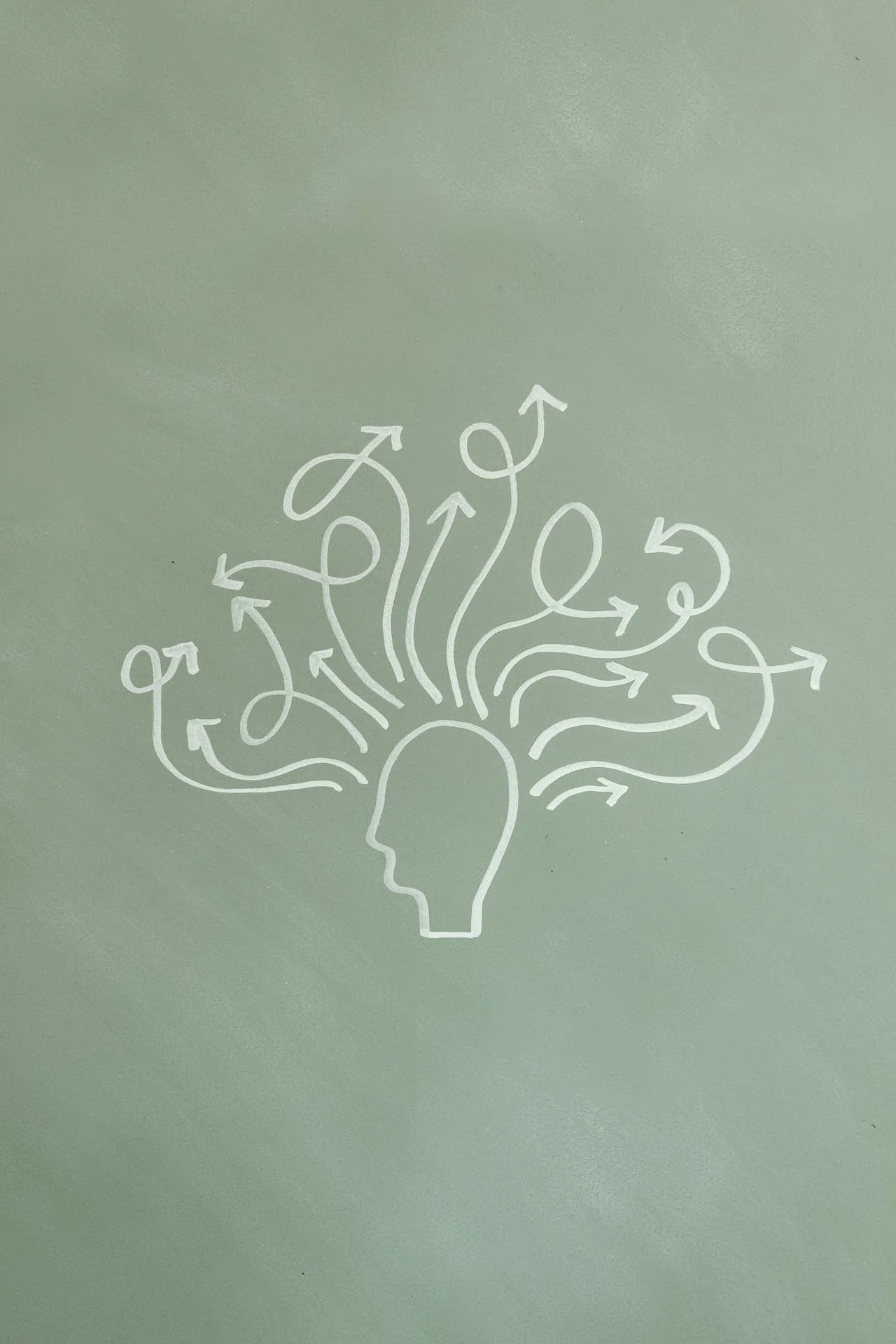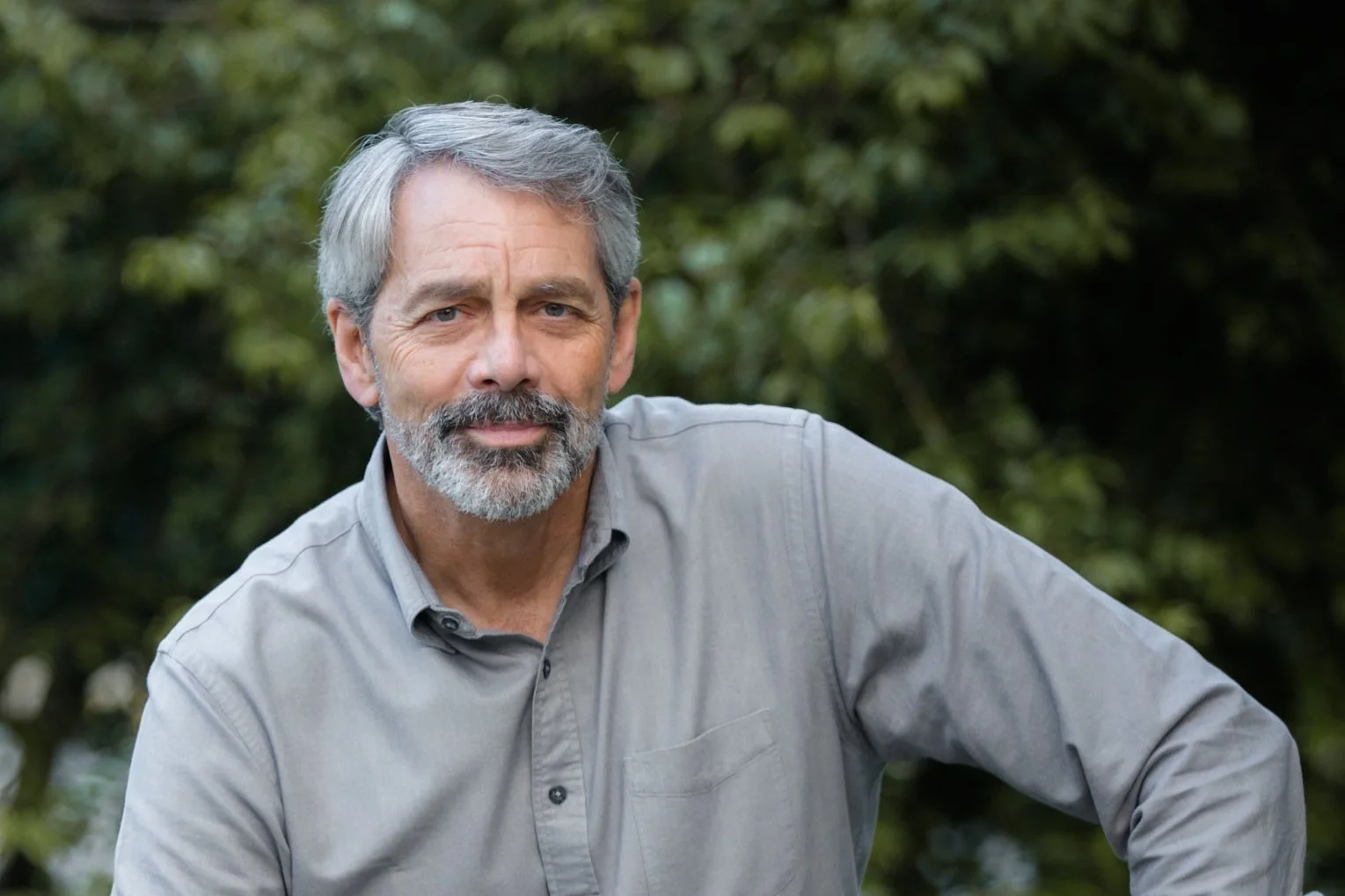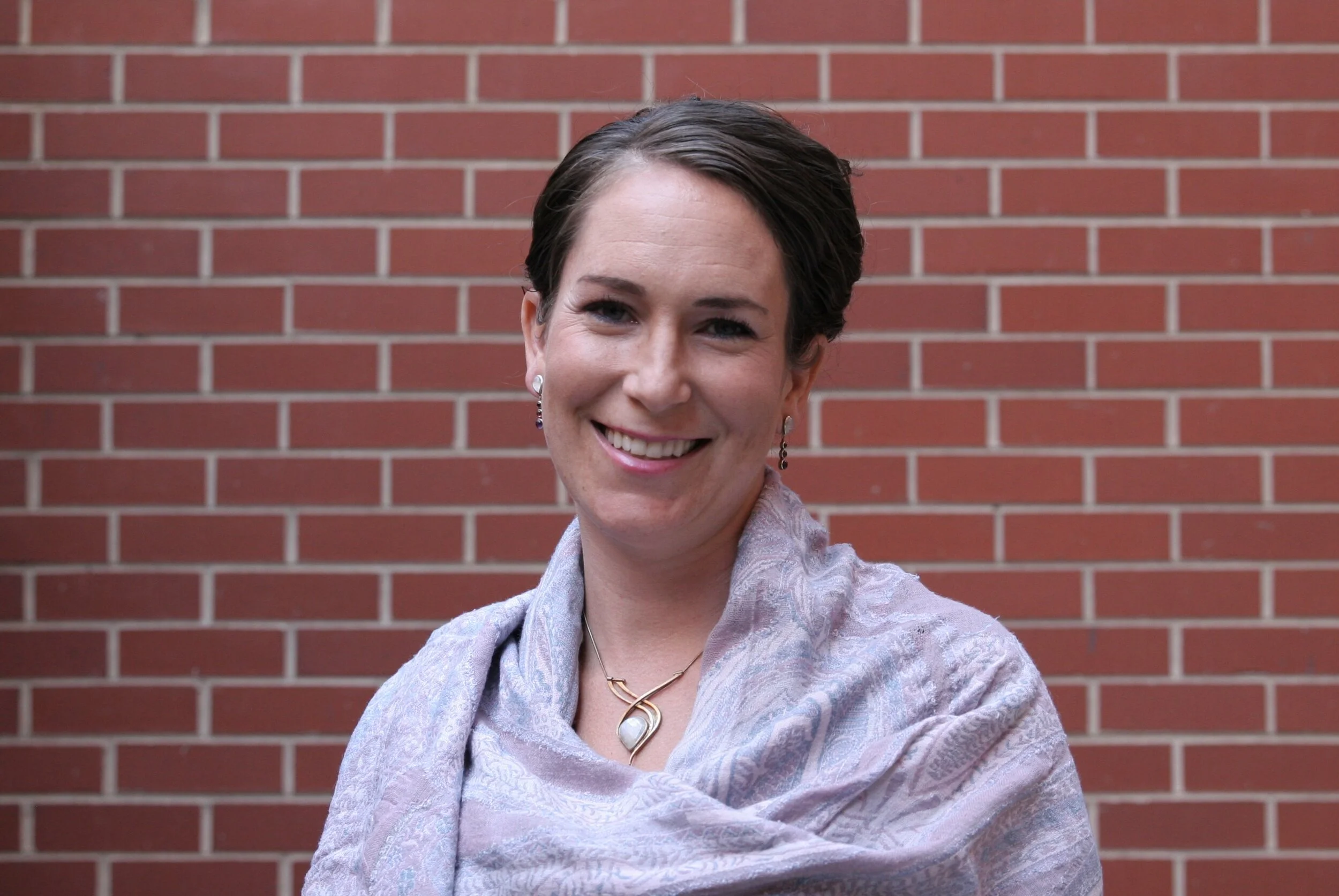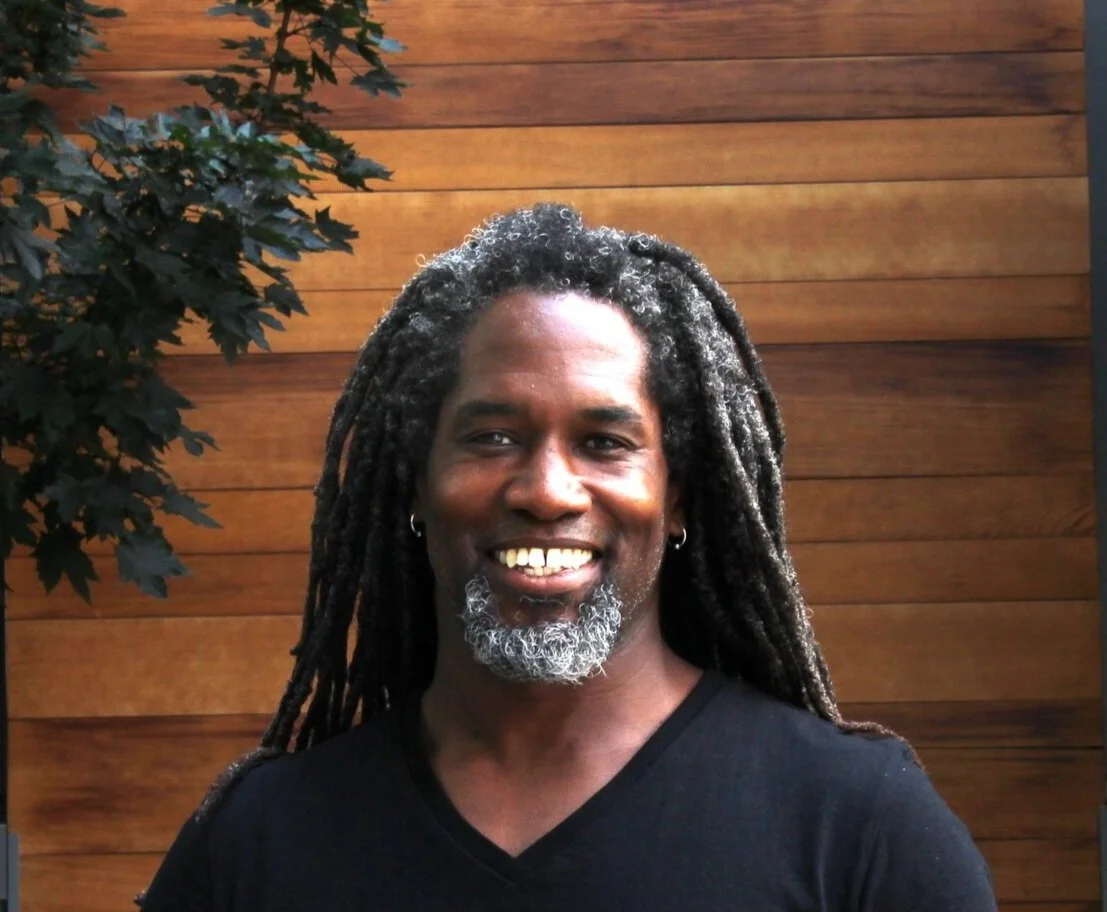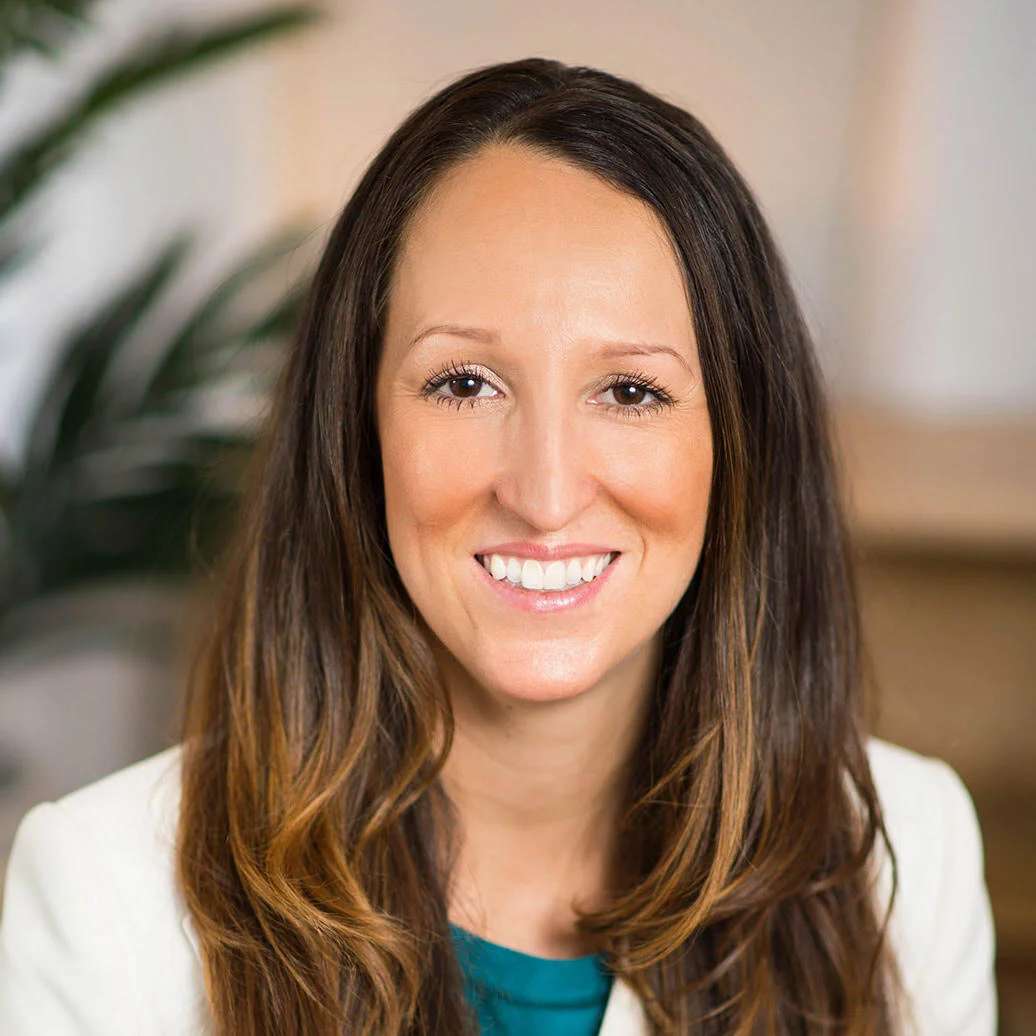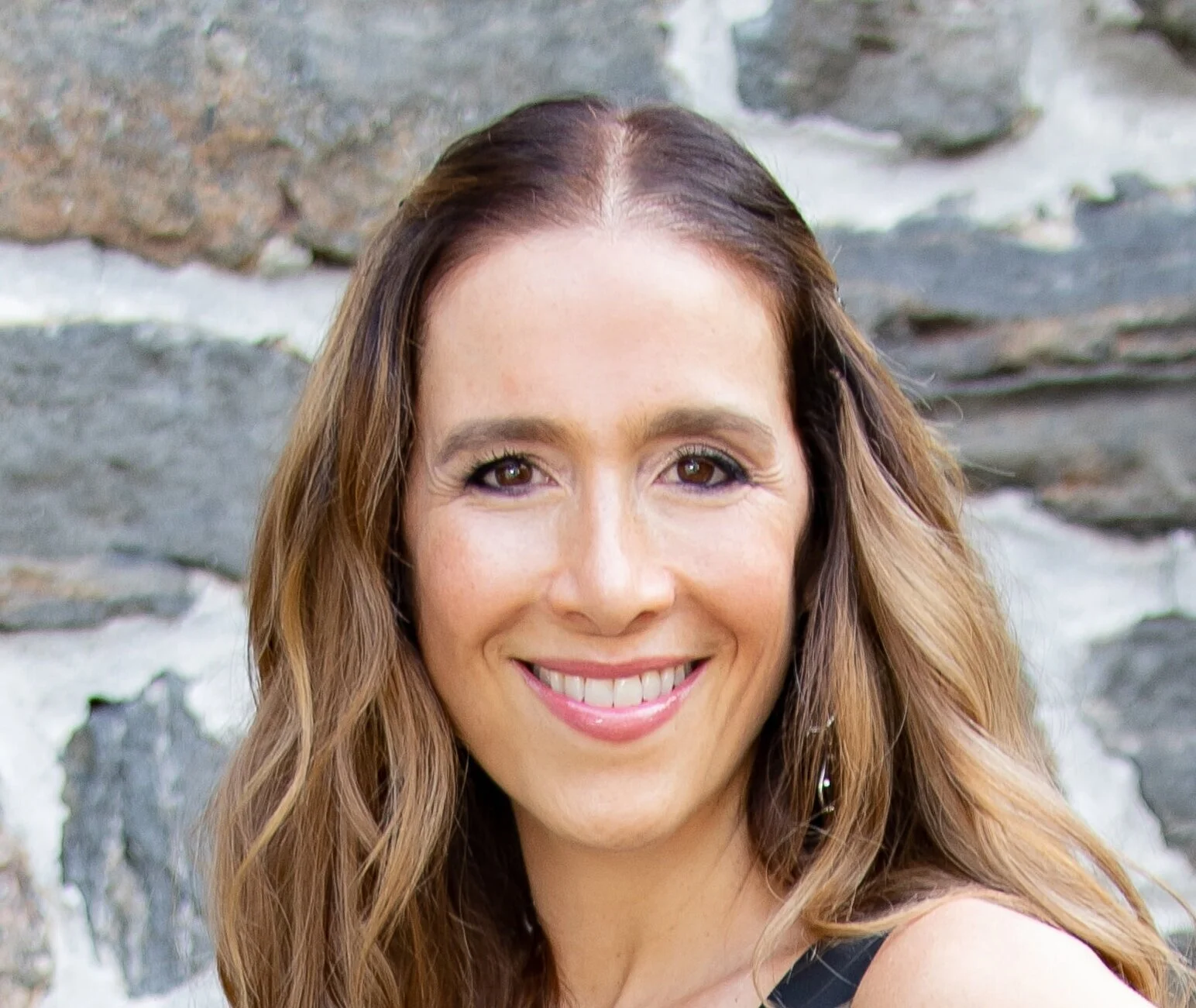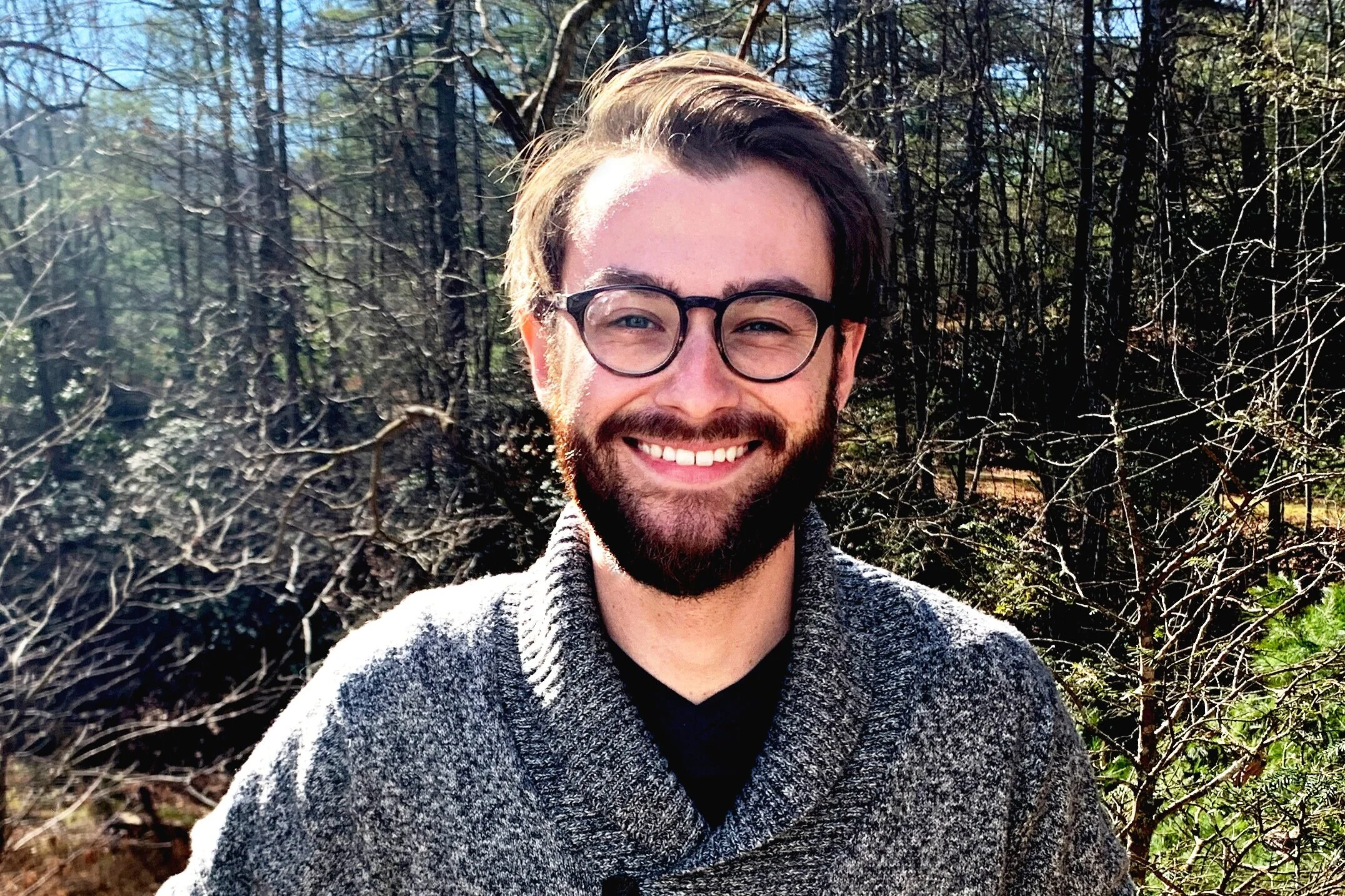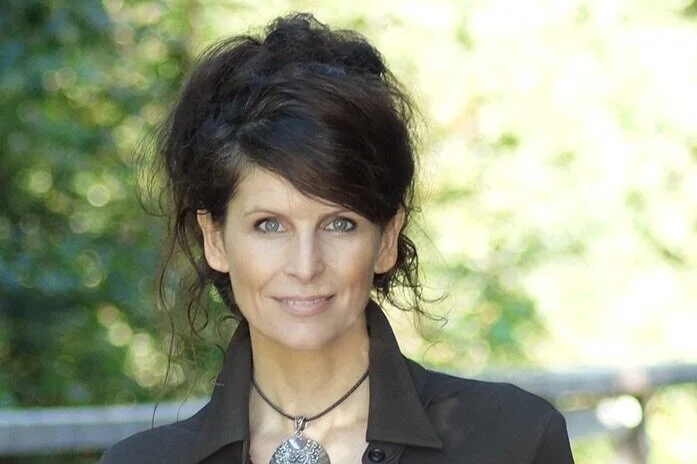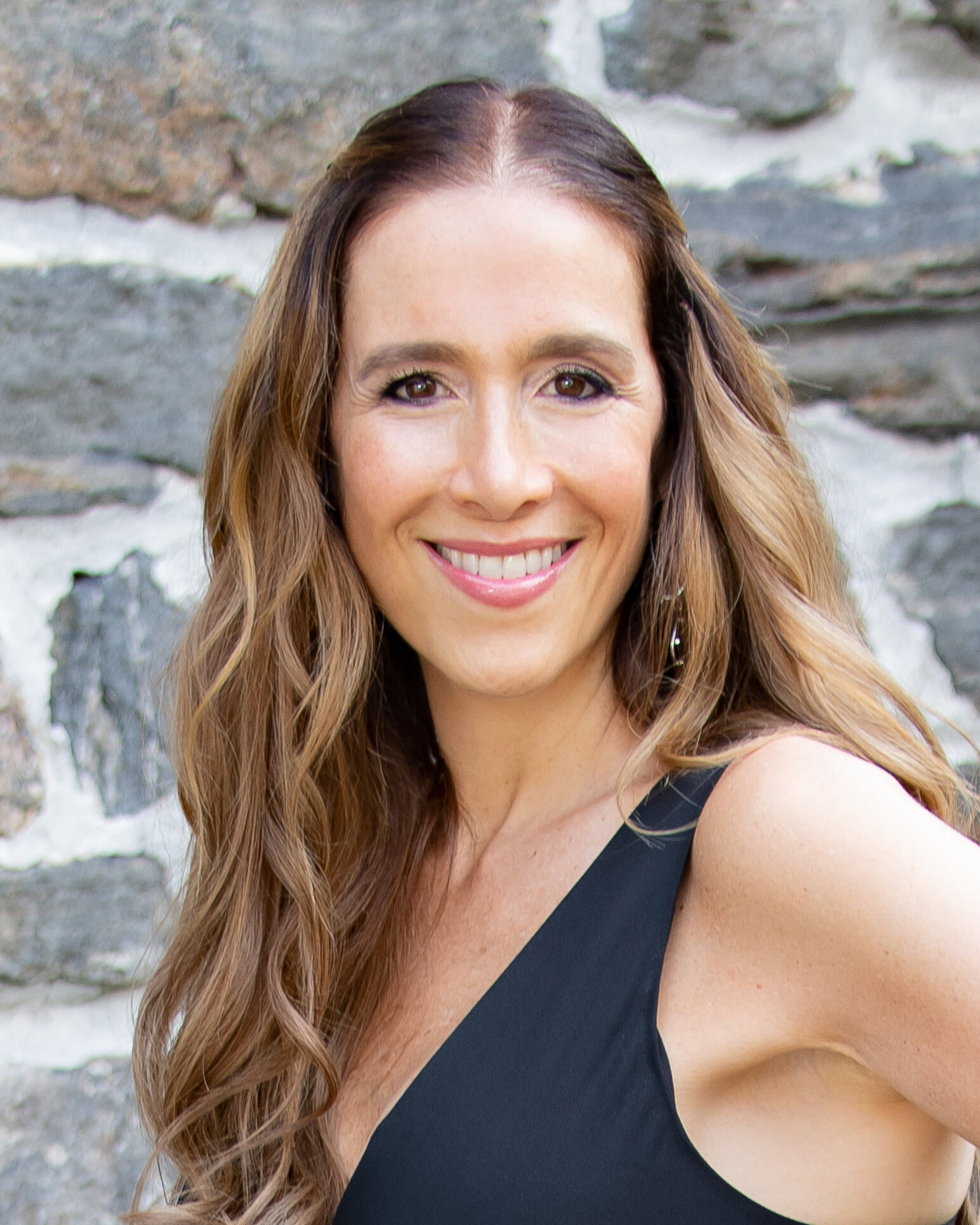Episode #29 - Overcoming Illness and Poor Health with a Natural Diet and Mindfulness | Asha Gala
Welcome to “The Elements of Being” podcast, where I dissect and explore the minds and habits of psychologists, filmmakers, writers, and industry icons. Essentially, we examine the mental and emotional narratives and processes that steer the social stream of consciousness….Truly a chance to geek out over the psychology behind human behavior. Each episode is a glimpse into the trends and patterns of human behavior and the underlying influences that navigate us into different directions. Whether we primarily focus on nutrition or the unconscious, guests share insights, thought-provoking lessons, the nuances of creativity, and the elements of being….us.
Today, we examine the role of mindfulness in the transformation of your physical health with Asha Gala, a lifestyle coach and Mindfulness-Based Stress Reduction (MSBR) Teacher from the farm at Ethos Primary Care. No doubt, a relevant topic for those listeners interested in improving their health and reversing illness. We discussed the early cultural influences of Mumbai on her diet and the challenges of transitioning to the American way of life and diet as an adult. Most certainly, Asha’s experience with her daughter’s chronic sickness opened up a new world of “food as medicine” as she sought a remedy…and we explored the connection of that journey to the challenges her patients face today.
We also dissected the early influences on Asha’s dietary and lifestyle approach and how to convince ourselves to move outside of our wired way of life. Our conversation naturally flowed to the common obstacles to transforming your health, the role of compassion, and the importance of the readiness for change. We highlighted the foundation of Mindfulness-Based Stress Reduction (MBSR) and the role of awareness and the breath, as well.
To learn more about Asha Gala, https://www.ethosprimarycare.com/asha-gala.
